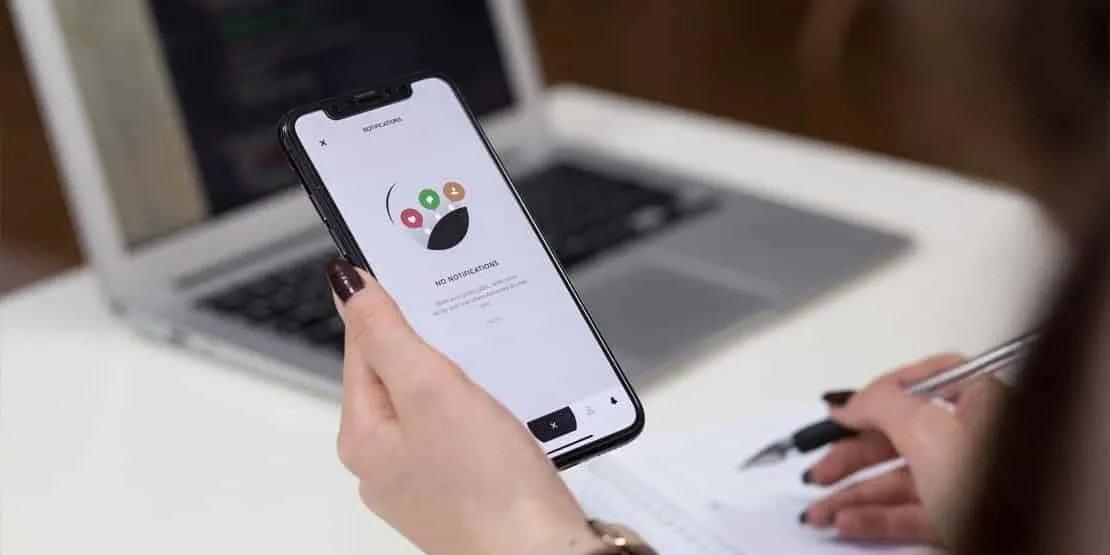It is every team’s vision and every company’s dream to build zero defect applications within the defined budget and timeline. However, it is said that you cannot achieve cost, quality and time simultaneously; you need to compromise one to achieve the other two. 7T makes it our goal to disprove this by building quality mobile applications that deliver a powerful ROI and exceed client expectations.
Before an app can be released to an app store or out into the world to its intended users, it must go through a series of stringent testing. Quality metrics should be set and monitored even before the developer starts writing the first line of code. Mobile app testing is an important part of the app development process, as this phase reveals potential issues in the application. There are various levels of mobile app testing, including Unit Testing, Functional Testing, System Integration testing, Automated end-to-end testing, Penetration testing and more.
Automated Testing Tools
Automated testing streamlines the app testing process by reducing the amount of manual work that is required. There are multiple automated testing tools available like Robotium and Monkey Runner. However, one of the best is Appium, a cross-platform, open-source test automation framework. Appium can be used for testing native, hybrid and mobile web apps. Additionally, it is a great tool for companies that already use Selenium — a framework mainly used to automate web-based application testing. Appium is built on the idea that testing native apps shouldn’t require including a software development kit (SDK) or recompiling the app. One should be able to use their preferred test practices, frameworks, and tools.
The Appium testing framework supports a variety of programming languages, such as C#, Python and Java — 7T’s testing language of choice. The automation system should be programming language agnostic, leaving the choice up to the development team’s preference and experience.
Automated App Testing vs Manual App Testing
Manual testing is more human resource intensive and error prone, but when followed with discipline and proper documentation trails, may expose intricate bugs in the application. Automated mobile app testing does not remove the need for manual testing. Automated testing comes in handy for running smoke tests and regression tests. When utilized effectively, they save time and money during the development process.
In addition to automated testing, multiple app tests are still performed manually. For instance, unit tests are always programmatic and are written and run by developers. Functional tests and system integration tests are also performed manually. Testers will validate new functionalities under development and how they interact with existing systems.
Since both are beneficial, you won’t want to limit yourself to only manual testing or automated testing. Instead, you should ask how they can work together to ensure nothing is overlooked.
Types of Testing
Automated testing tools are used for tedious, repetitive tests or complex tests that are difficult to perform manually. They also provide early detection for any undesired changes in the application. Automation systems can be used to test app functionality, GUI, performance, stability, responsiveness and more.
Appium is particularly beneficial for mobile app regression testing. Regression tests check whether modifications to the code broke any previously existing app functionality. Testers examine what was working before the change to ensure that everything still works after the change. When making a change, developers want to avoid regression bugs in the code.
Regression tests are performed after any type of app modification, such as adding a new feature, fixing an app defect, or addressing a performance issue. Testers will validate automated tests and determine whether there were any unintentional side effects of code alterations.
Testing a Mobile App / Mobile Application Testing
With Appium, you can conduct black box testing, where a test script runs the test as if an end user was navigating the app on a device. The test script will mimic human behavior and can document the testing through screenshots. While you can use physical devices, emulators and simulators allow you to virtually test mobile applications. Just as analysts combine manual and automated app testing, it is beneficial to utilize both physical devices and virtual testing devices.
If you’re looking for an innovative app development partner, the team at 7T is ready to help. We utilize both automated and manual testing to ensure top quality mobile app development projects for our clients.
Based in Dallas, 7T works with clients across the U.S. and beyond. To discuss your development project, reach out to our team today.










